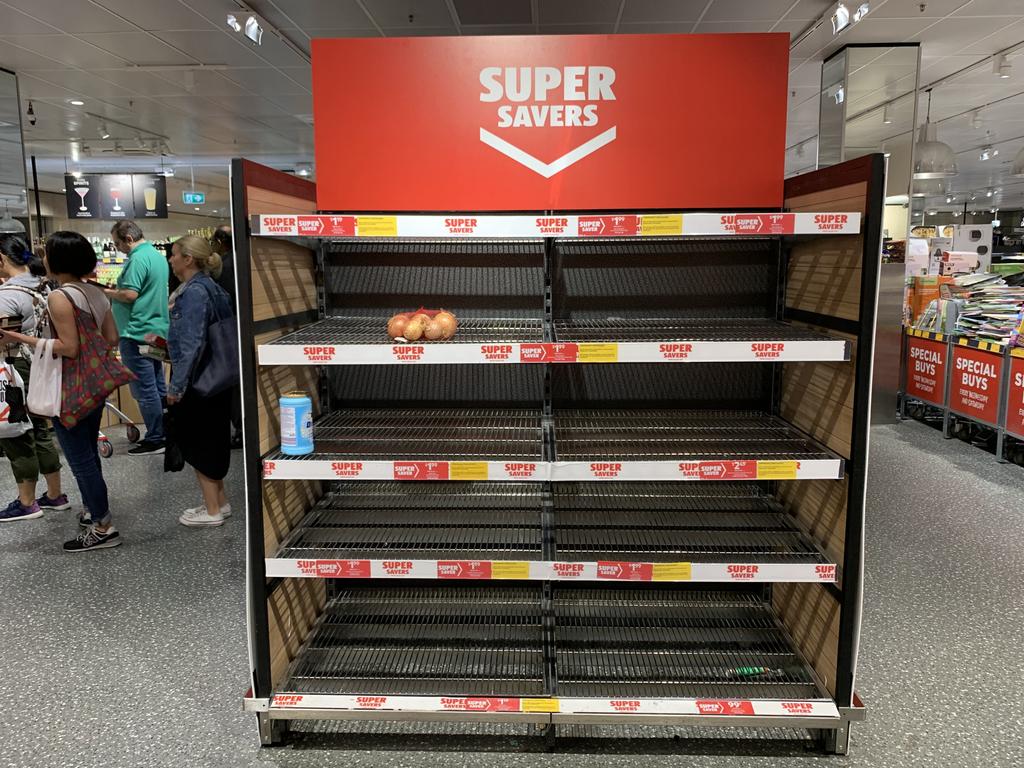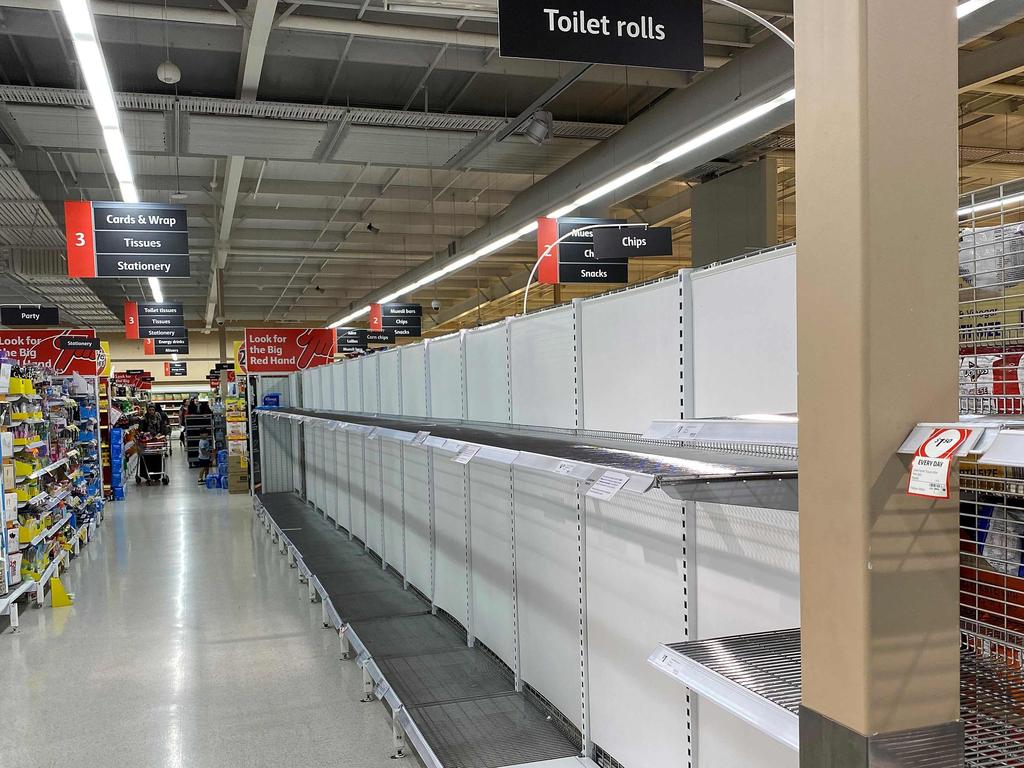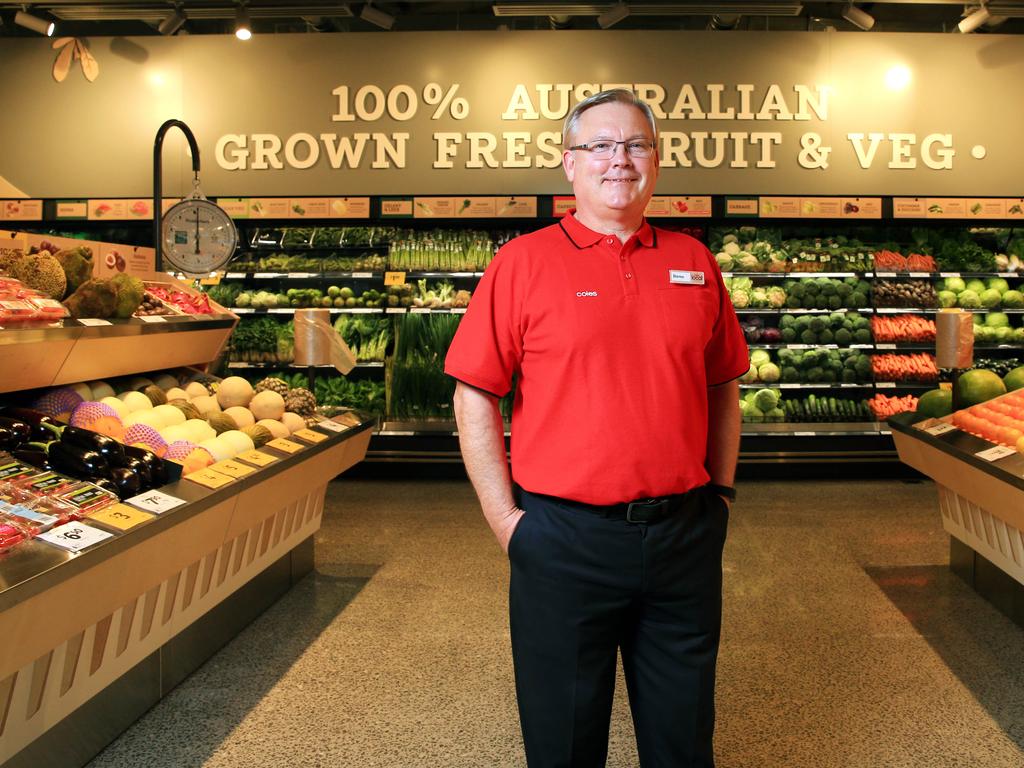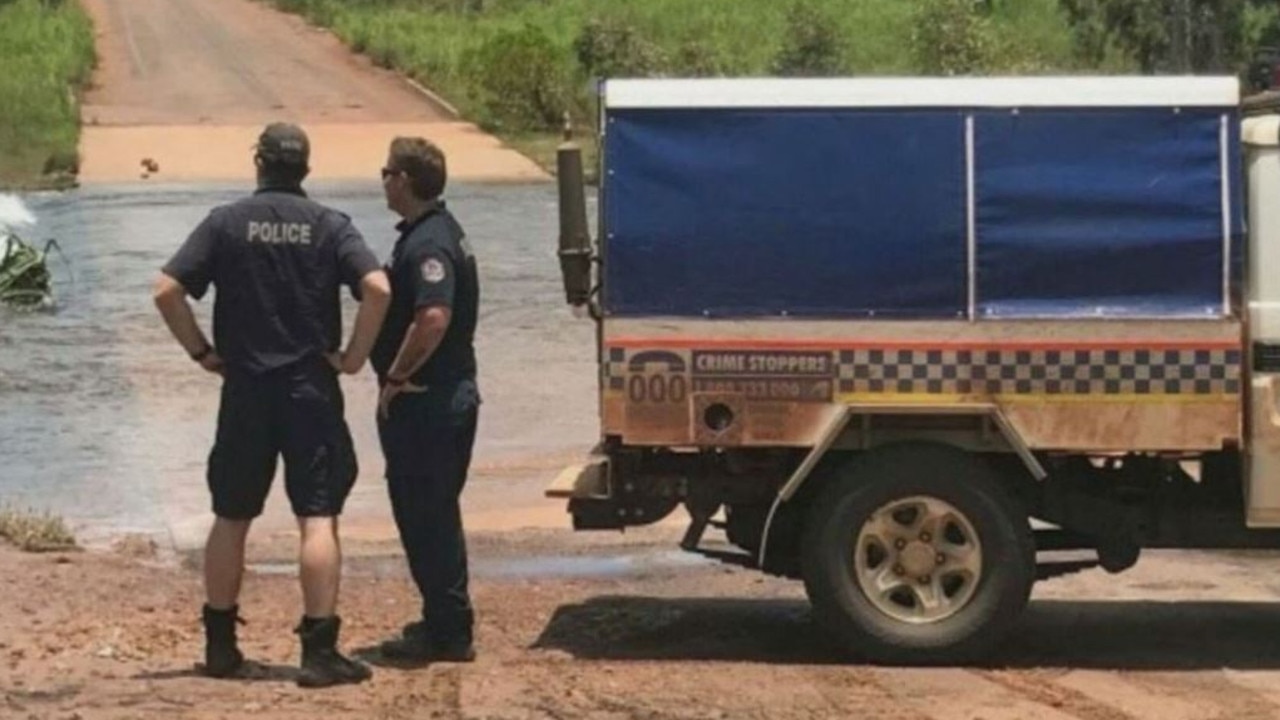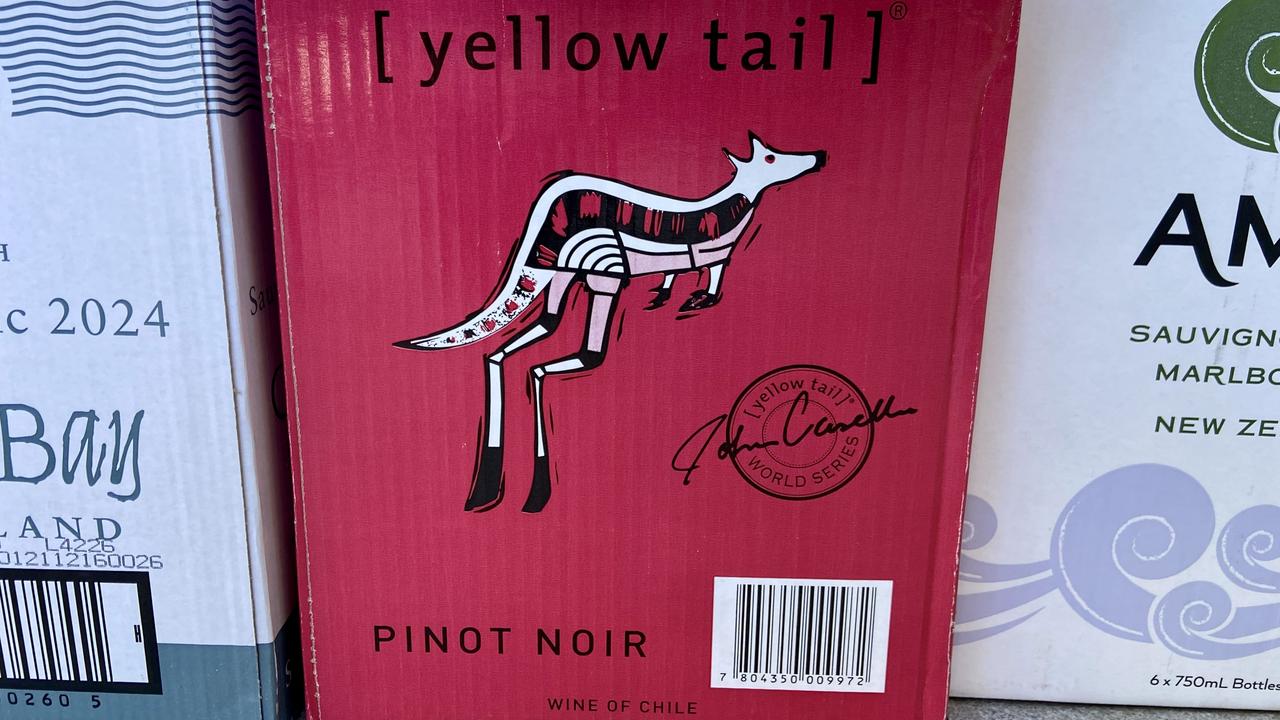Coronavirus: hoarder force rolls up and can’t get enough
Supermarket chains insist their supply chains are working to get stock in stores, despite continued panic buying.

Australia’s big supermarket chains and grocers insist their supply chains are working to get stock in stores, despite coronavirus-fuelled panic-buying stripping shelves bare amid unprecedented demand for food and groceries.
Coles and Woolworths recorded their biggest sales of the year at the weekend, following Scott Morrison’s banning of non-essential gatherings of more than 500 people and the number of Australian COVID-19 infections surging past the 250 mark.
Fears of infection and subsequent 14-day isolation periods sparked a shopping frenzy, with supermarket trolley gridlock in aisles and shopping queues stretching around city blocks at some stores. There were also lengthy queues at smaller independent grocers as they limited the number of people who could enter stores at a particular time.
The Australian Food and Grocery Council said stock shortages were purely driven by panic-buying, with supply chain disruptions from the devastating bushfires “well and truly over”.
Woolworths has suspended its Pick Up and Delivery Now online shopping services in response to the shortages, while all supermarkets are limiting purchases of goods including toilet paper, hand sanitiser and non-perishable items such as pasta and rice to limit hoarding.
A Woolworths spokesperson said its stores were continuing to receive deliveries and urged people to buy only what they needed. If hoarding continued, the company would enforce tighter restrictions, the spokesperson said.
“We’ve seen an extraordinary level of demand for groceries across the country this weekend. We’ll continue to monitor the situation and may introduce further limits if necessary. We’re continuing to work closely with our suppliers to get more stock into stores and onto the shelves for customers as quickly as possible.’’
Australians began stockpiling goods such as toilet paper, leading to nationwide shortages late last month. The hoarding has intensified in the past week, with customers snapping up a wider range of goods such as frozen food, hand soap and cleaning products. Even perishable goods have been affected, with fresh fruit and vegetable shelves stripped.
Coles CEO Steven Cain said the shopping frenzy was “unprecedented” and called for calm.
“Our team and suppliers have been working as hard as possible delivering more products to stores every day and stocking shelves as quickly as possible,” Mr Cain said.
“I would ask all customers to continue to respect and support our team, particularly if a product is unavailable or checkout queues are longer than normal.”
A Coles spokeswoman said the company had employed more staff to cope with the influx. “We have significantly increased the number of people working in our stores to support this level of unprecedented demand.’’
Australian Food and Grocery Council acting CEO Geoffrey Annison said hoarding was irrational, considering most food and goods in supermarkets were sourced and manufactured in Australia.
Dr Annison was mindful of attributing blame but said some TV media reports about what to buy if you have to self-isolate for 14 days were not helpful.
“It’s almost all panic-buying. The supply chain disruptions during the bushfires are now well and truly behind us,” Dr Annison said.
“There are only about 250 Australians confirmed with COVID-19, so there is little impact on the workforce yet in terms of large numbers of people not turning up to work and absenteeism.
“So the supply chain is still working, and really efficiently.”



